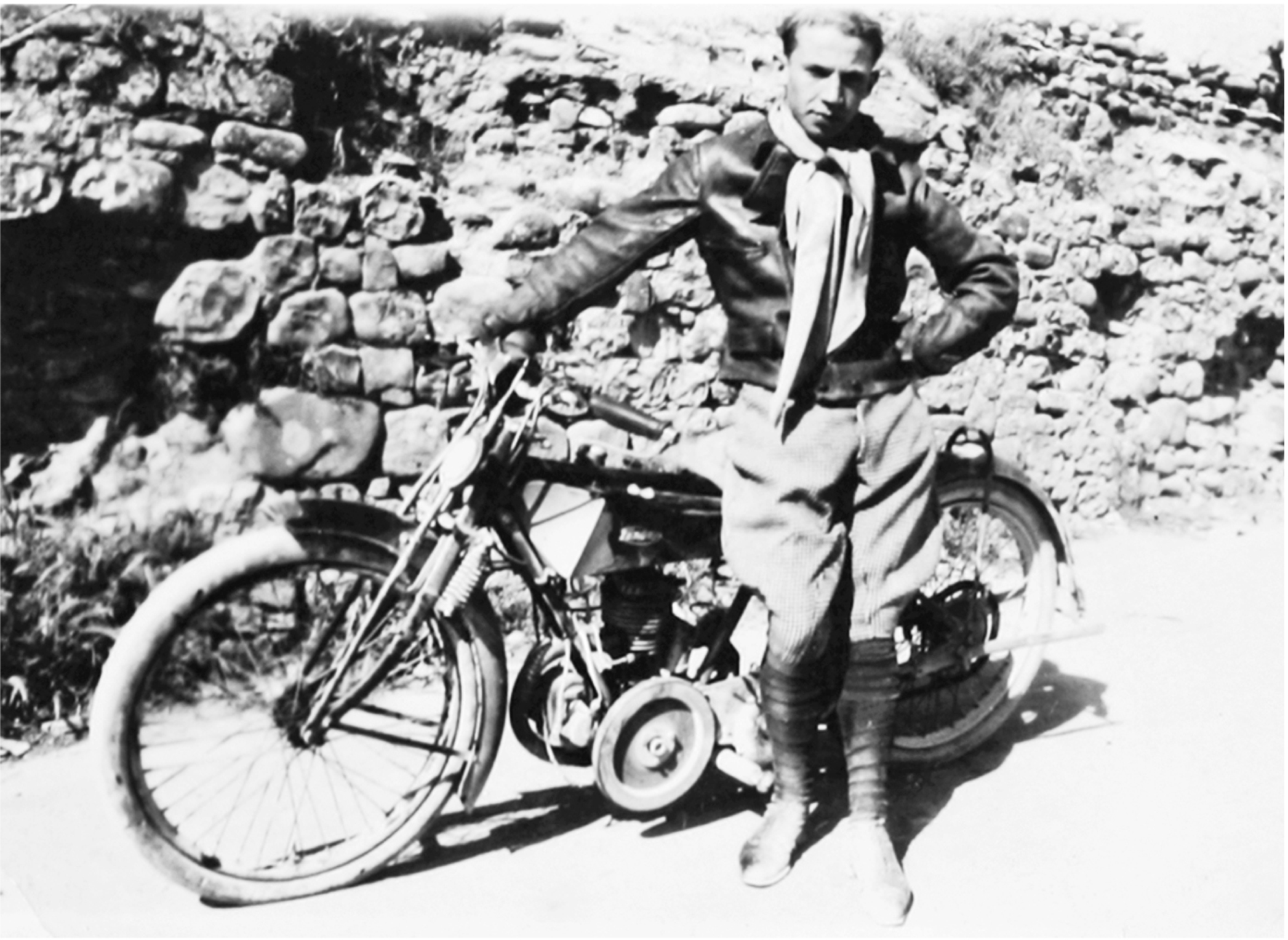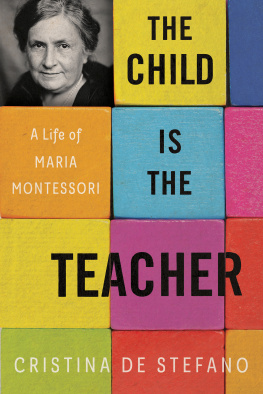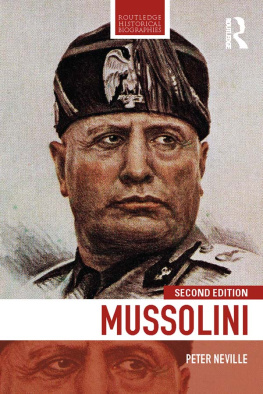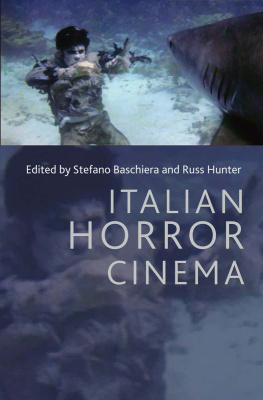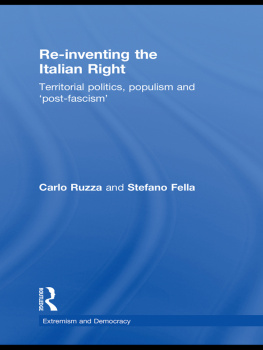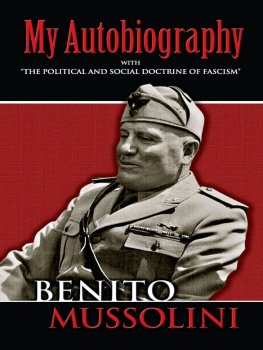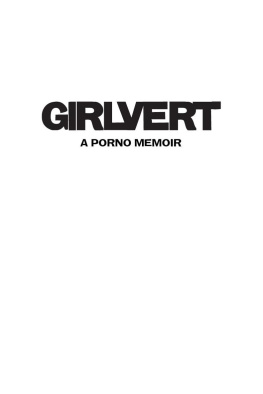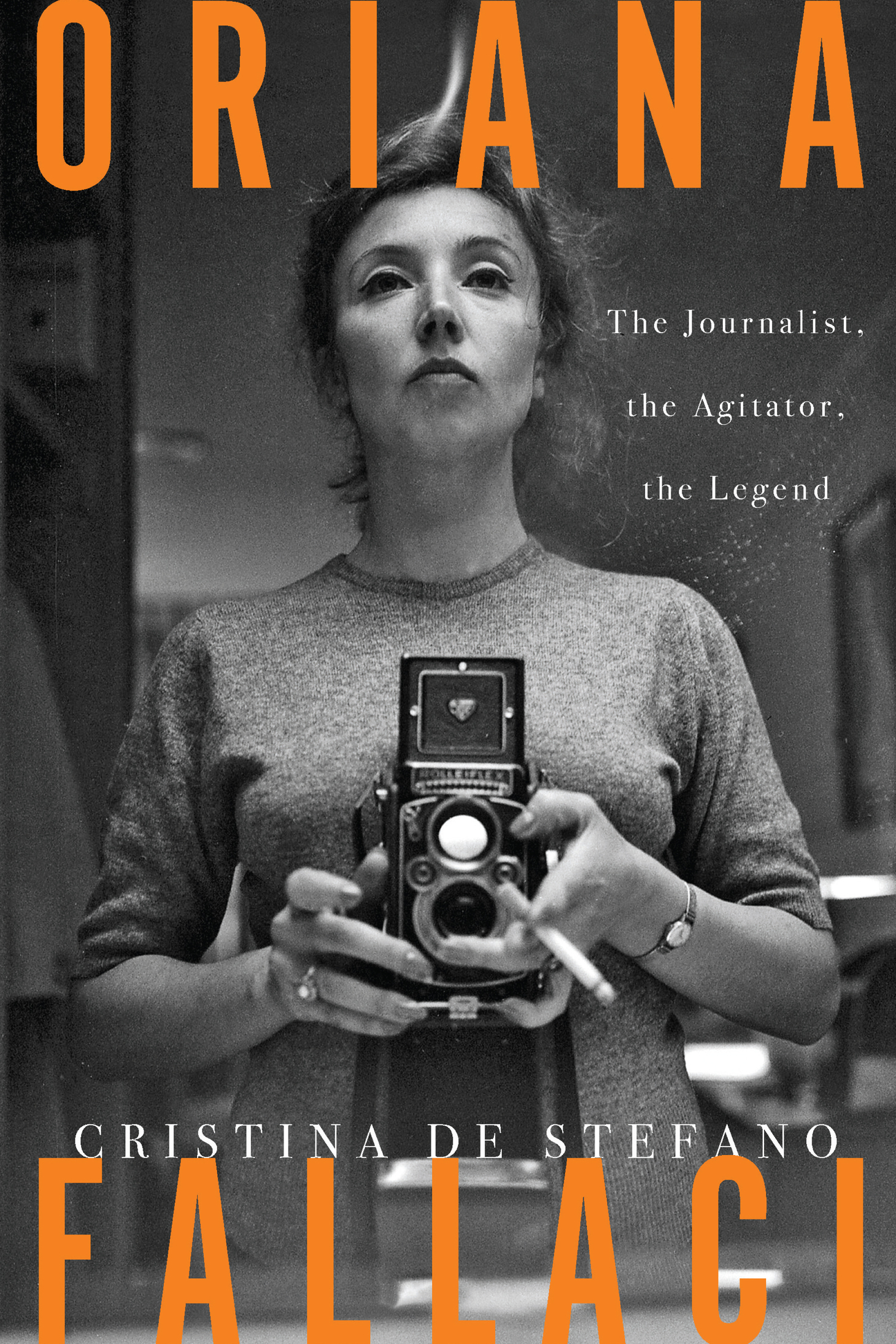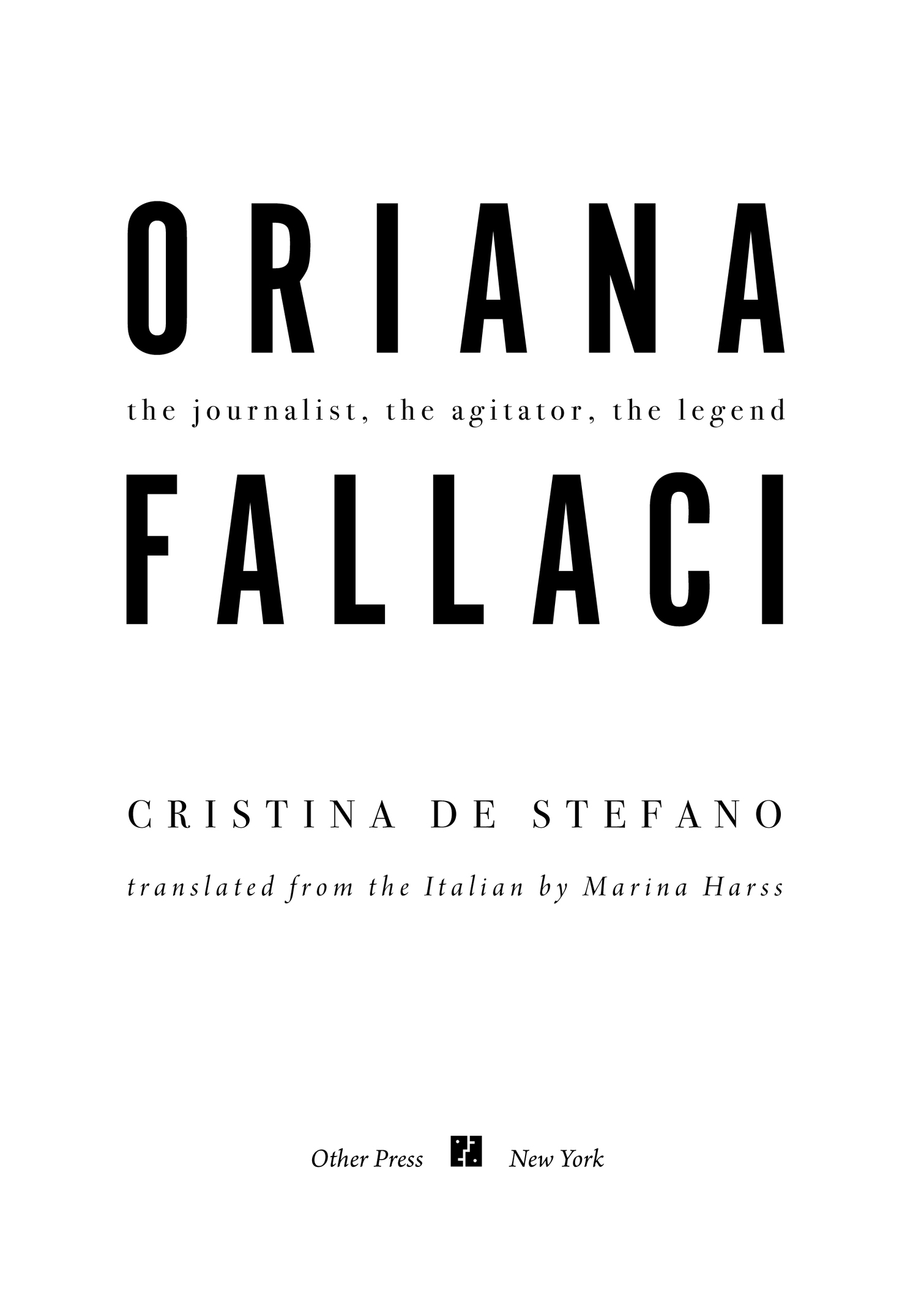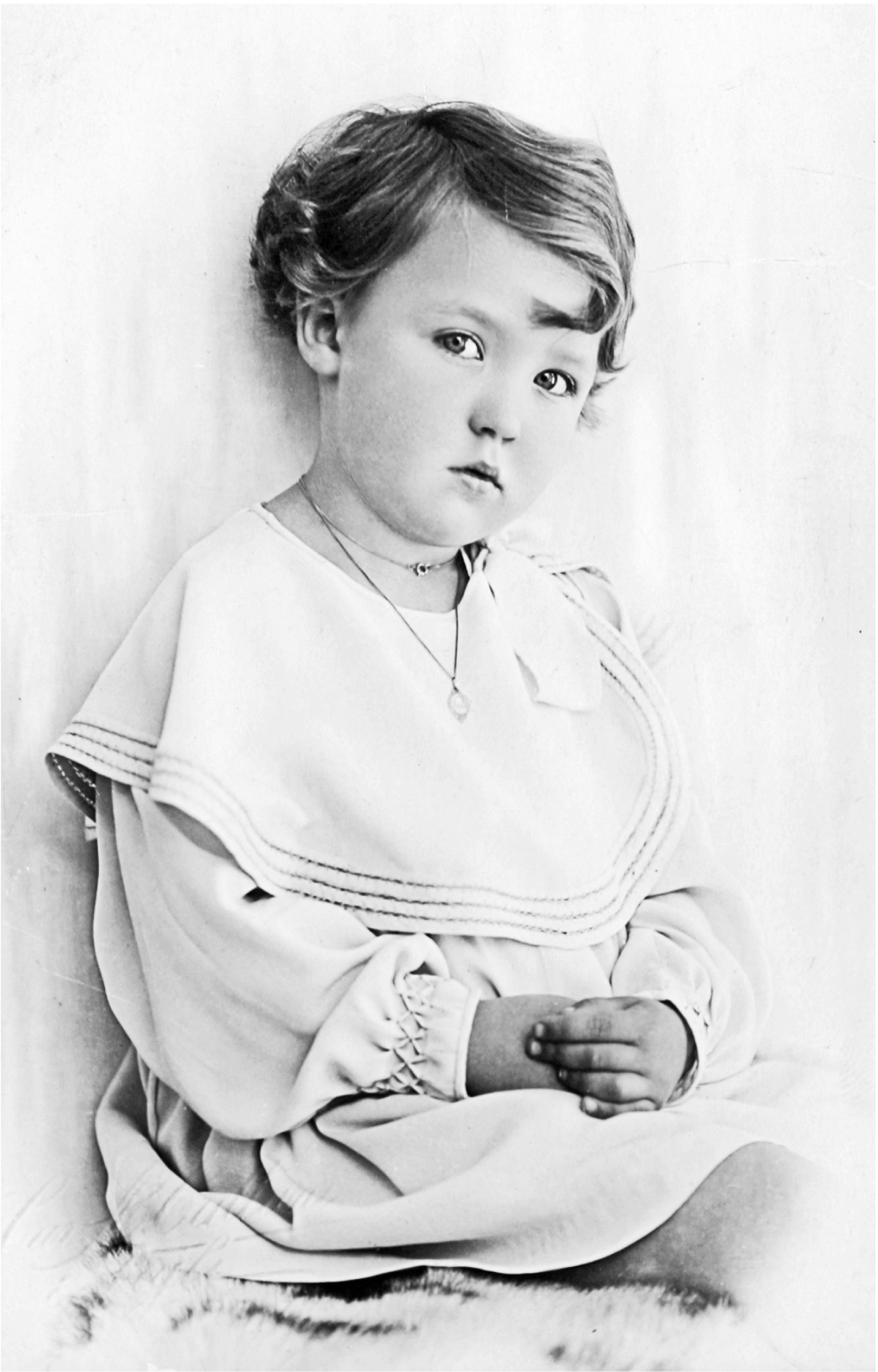Contents
Copyright 2013 Cristina De Stefano
Copyright 2013 RCS Libri S.p.A., Milan
First published in Italian as Oriana, una donna by Rizzoli, Milan, in 2013.
English translation copyright 2017 Other Press
Published by arrangement with the Agenzia Letteraria Roberto Santachiara
Oriana Fallacis quotes are drawn from articles and interviews
published in LEuropeo and Corriere della Sera, her books,
quotes that have appeared in other books about her, and her private papers.
The publisher makes itself available to all those parties who hold rights and who, despite repeated attempts, the publisher was unable to contact.
Excerpt from Memory by Natalia Ginzburg, from Its Hard to Talk About Yourself, translated by Louise Quirke (Chicago: University of Chicago Press, 2003). Copyright 2003 by The University of Chicago Press.
Production Editor: Yvonne E. Crdenas
Text Designer: Julie Fry
All rights reserved. No part of this publication may be reproduced or transmitted in any form or by any means, electronic or mechanical, including photocopying, recording, or by any information storage and retrieval system, without written permission from Other Press LLC, except in the case of brief quotations in reviews for inclusion in a magazine, newspaper, or broadcast. For information write to Other Press LLC, 267 Fifth Avenue, 6th Floor, New York, NY 10016. Or visit our Web site: www.otherpress.com.
The Library of Congress has cataloged the printed edition as follows:
Names: De Stefano, Cristina, 1967 author. | Harss, Marina translator.
Title: Oriana Fallaci : the journalist, the agitator the legend /
Cristina De Stefano; translated by Marina Harss.
Description: New York : Other Press, 2017.
Identifiers: LCCN 2017002632 (print) | LCCN 2017003761 (ebook) |
ISBN 9781590517864 (hardcover : alk. paper) | ISBN 9781590517871 (e-book)
Subjects: LCSH : Fallaci, Oriana. | Women journalists ItalyBiography.
Classification: LCC PN5246.F35 D4713 2017 (print) |
LCC PN5246.F35 (ebook) | DDC 070.92 [B] dc23
LC record available at https://lccn.loc.gov/2017002632
Ebook ISBN9781590517871
v4.1
a
CONTENTS
You wont have time to accomplish things, or even to understand them. This time were given, this thing called life, is brief. So everything must happen in a great hurry.
The airplane flies high above an ocean immersed in darkness. Suddenly, the windows are bathed in light. Look, Oriana, its the aurora borealis, her nephew whispers. She remains silent. Dazed with weakness, she has dozed off. She sits in her reclined seat, draped in a fur coat. Its September 4, 2006, and Oriana is on her way back to Florence.
The tumor is in its terminal stage. No commercial flight from New York is willing to take her, so they have resorted to chartering a private plane. For several weeks, she has been surviving on sugar water; she weighs only sixty-six pounds. In truth, she never weighed much more than that: five foot one, ninety-two pounds. She often jokes, When people meet me, theyre surprised by how little there is of me. I just spread my arms and say, Thats all there is!
This trip is her decision. She has lived in New York for almost five decades, but she wants things to end where they began. The cabin light is kept low to protect her failing eyes. Two doctors, both women, accompany her, in case of an emergency. But she barely moves during the whole trip; she sits, folded in on herself, immersed in memories. Florence advances slowly to meet her, bringing with it the past.
Studio portrait of Oriana at the age of three.
1. A FAMILY IN WHICH NOBODY SMILES
I dont know anything about how my father and my mother met. The only clue to the mystery of my birth is a phrase my mother used to repeat: It all happened because of a hat full of cherries. Among all the family stories she heard as a child, this was the detail she loved the most: a bright red hat, worn like a beacon. Years later, placed on the head of someone other than her mother, it would supply the title to her posthumous novel, Un cappello pieno dei ciliege (A hat full of cherries). Anything else is speculation.
The meeting must have occurred somewhere in Florence on a late-summer afternoon in 1928, one of those hot days that drive people outdoors. Edoardo Fallaci, twenty-four, has just a few coins to his name. He works as a wood-carver and lives with his parents. He dreams of immigrating to Argentina to seek his fortune. He is not especially tall but has an attractively chiseled face and impertinent blue eyes. Tosca Cantini is twenty-two. After losing her mother when she was young, her anarchist sculptor father sent her off to work for two seamstresses. They have grown fond of her and raised her to be a well-mannered young lady. Eventually, they find her a job with a dowager who wants to take her to Paris as a companion. But on that day, Tosca decides to wear an eye-catching hat decorated with red fruit. It shows off her pretty face and high cheekbones. What pretty cherries, the gallant Edoardo comments. Sometime later, on a ramble on Monte Morello, Oriana is conceived.
My mother always said that when she first got pregnant, she didnt want me. She drank Epsom salts every night all the way through the fourth month of her pregnancy, to induce an abortion. But one night, just as she was about to put the glass to her lips, I moved in her belly, almost as if I were saying, I want to be born! And then and there she poured the Epsom salts into a flower vase. And thats why you were born, she used to say. Tosca had other dreams. She wanted to travel the world, to meet artists. She had friends in Florences bohemian circles, particularly the painter Ottone Rosai, who courted her. She used to say he was a handsome bear of a man, quite the opposite of my father, who was small and lean.
When it becomes clear that there is no way around it, Edoardo introduces Tosca to his parents. His mother, Giacoma, known for her unpleasant character, is unwelcoming and takes every opportunity to be unkind. In contrast, his father, Antonio, takes a liking to the girl. This only makes matters worse. Tosca quickly becomes a kind of Cinderella in their home. One of my first memories, says Oriana, was of my mother crying as she did the laundry. The sight of this highly intelligent woman forced to serve the entire family marks her profoundly. Often in interviews she recalls that her mother was the first to encourage her ambitions. It was my mother who used to say, in tears, Dont be like me! Dont become a slave to your husband and your children! Study! Go out into the world! I didnt want to follow her footsteps, I wanted to vindicate her. In 1977, during the acceptance speech for an honorary degree from Columbia College in Chicago, she declares, I dedicate this honor to my mother, Tosca Fallaci, who was unable to go to college because she was a woman and because she was poor at a time when women and the poor could not get an education.
